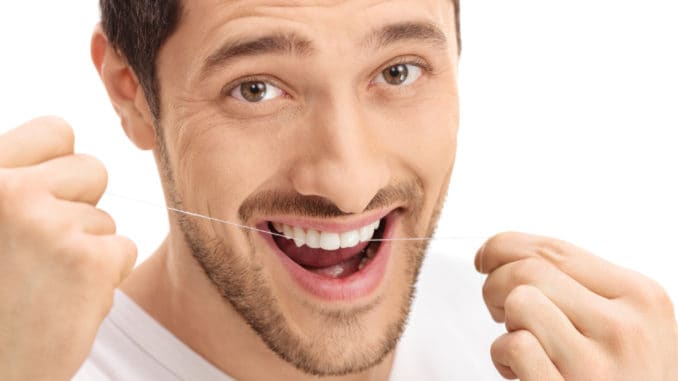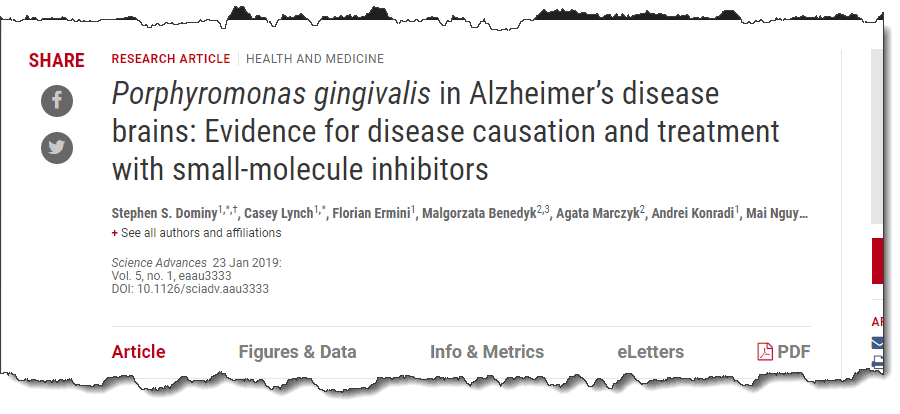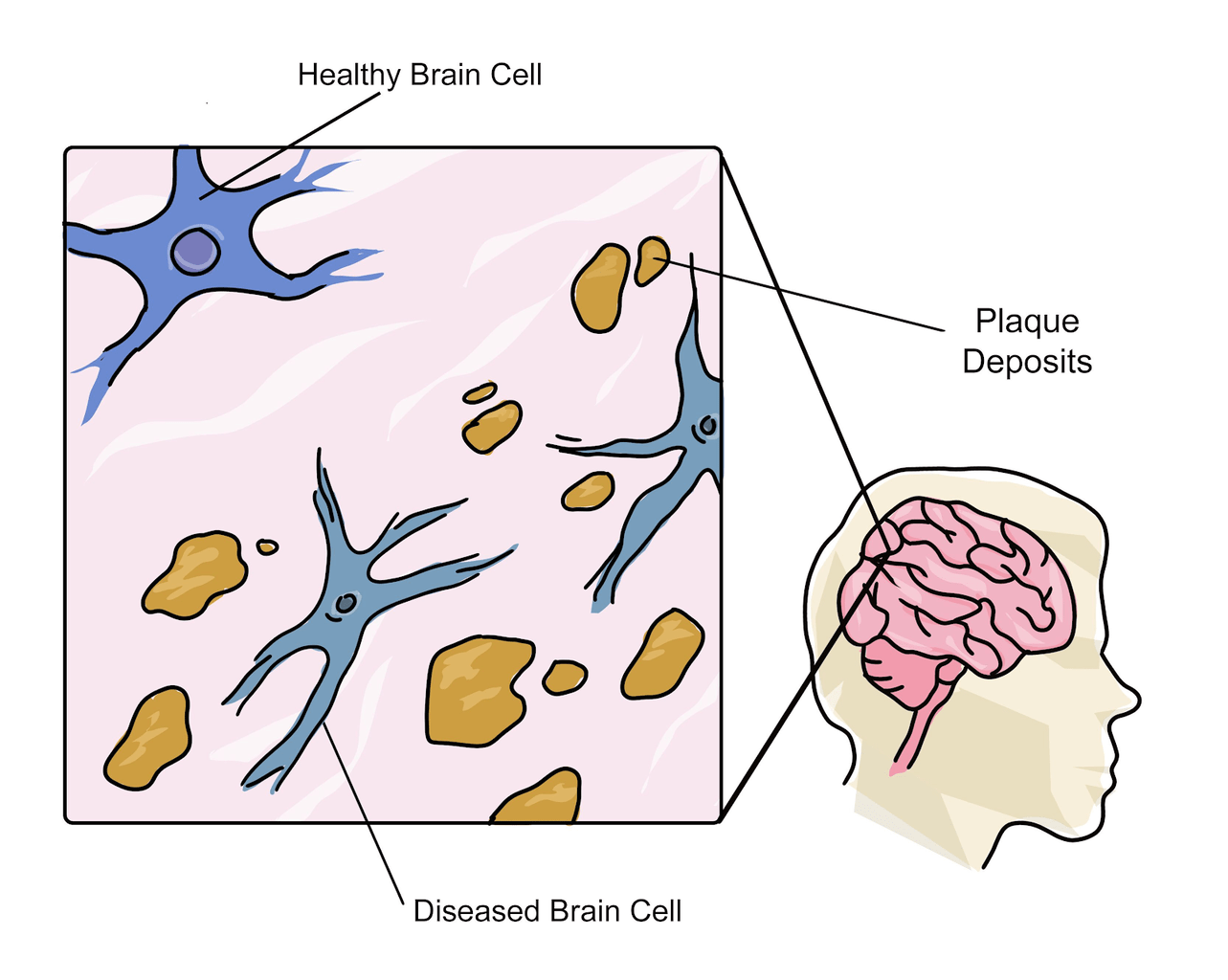
You may even be doing this already…
—-Important Message From Our Sponsor—-
Use these “phantom phrases” to get her wet

First, they work on a subconscious level that she isn’t even aware of…
Then, they take over her imagination with sexual fantasies about you…
You’ll know it’s working when she starts hitting on you, and she’ll usually be the one to make the first move on you too…
The whole time, thinking it’s all 100% HER idea…
Works on wives, girlfriends, and girls you’re talking to right now.
Whoever she is, now it’s easy to work your way into her imagination… her fantasies… and her panties.
>>7 phantom phrases that make her wet for you<<
———-
Doing this twice a day slashes the risk of Alzheimer’s in half
1 in 3 are GREAT odds if you’re trying to win a lottery or raffle…
But they really stink if you’re trying to avoid a disease like Alzheimer’s.
Unfortunately, 1 in 3 seniors dies with Alzheimer’s or another dementia.
If you are over the age of 50 or if you’re taking care of an aging parent, those numbers are downright terrifying.
In the movie, “The Hunger Games,” there is an iconic line: “May the odds ever be in your favor.”
When it comes to dementia and Alzheimer’s, I’m always looking to tip the odds in my favor.
These are diseases I don’t ever want to have to deal with if I can help it.

So when I ran across this study about how mouth bacteria and Alzheimer’s are related, I knew I had to bring it to you.
Alzheimer’s affects the physical structures in your brain.
When brain disorders that affect personality and memory strike, sometimes we forget that they impact the physical structure of the brain at least as much as a broken arm affects the physical structures of the radius and ulna.
In Alzheimer’s, several different physical changes occur in the brain.
Amyloid plaques are one of those changes.
These plaques collect in the brain and disrupt brain function.
“In the Alzheimer’s brain, abnormal levels of this naturally occurring protein [amyloid plaque] clump together to form plaques that collect between neurons and disrupt cell function.”
A second physical cause of Alzheimer’s is neurofibrillary tangles.
These are also called “tau tangles” – they disrupt the transport of neurons.
“In Alzheimer’s disease…abnormal chemical changes cause tau to detach from microtubules and stick to other tau molecules, forming threads that eventually join to form tangles inside neurons. These tangles block the neuron’s transport system, which harms the synaptic communication between neurons.”
A third known physical cause of Alzheimer’s is chronic inflammation of the brain.
This causes the brain to be unable to dispose of toxins properly.
“In Alzheimer’s, microglia fail to clear away waste, debris, and protein collections, including beta-amyloid plaques. Researchers are trying to find out why microglia fail to perform this vital function in Alzheimer’s.”
Those are the big three that we’ve known about to date.
But recently, science has found a fourth cause…
It seems to aggravate the other causes…
AND it is EASY to prevent.
It’s the same bacteria that causes gingivitis, or gum inflammation.
According to researcher Piotr Mydel at Broegelmanns Research Laboratory, Department of Clinical Science, University of Bergen:
“We discovered DNA-based proof that the bacteria causing gingivitis can move from the mouth to the brain…”
How to reduce your risk of Alzheimer’s the easy way
Because this is a bacteria that starts in your gums, there is an EASY way to get rid of it – brush and floss your teeth.
“…the good news is that this study shows that there are some things you can do yourself to slow down Alzheimer’s.”
“Brush your teeth and use floss.”
Dr. Mydel adds that it is important, if you have established gingivitis and have Alzheimer’s in your family, to go to your dentist regularly and clean your teeth properly.
Brushing and flossing can actually help to SLOW down the progression of Alzheimer’s!
How to brush and floss properly
There’s one problem here though…
When most people think of brushing and flossing, they think of using commercial fluoridated toothpaste.
The problem with fluoridated toothpaste is that fluoride – while occasionally useful – is bad for your body when you use it every day.
I do recommend brushing and flossing every day, but I personally use baking soda to brush with.
I get great results. My dentist thinks my teeth are really healthy…
And no fluoride.
Taking care of your mouth helps you to take care of your brain.
It’s worth taking the time to both brush and floss twice a day in order to lower the risk of brain diseases such as Alzheimer’s.
—-Important Message About Preventing Alzheimer’s—-
Use the Kraepelin method to stop amyloid plaques from forming in the brain
I’ve discovered a toxic chemical that seeps into the bloodstream and into the brain, forming amyloid plaques that cause Alzheimer’s and dementia.
But I’ve also discovered a solution — a natural way to stop these plaques from forming in the first place.
I call it the Kraepelin method, named after Emil Kraepelin, the “godfather” of Alzheimer’s disease.
And not only does this method prevent amyloid plaques from forming…

…it also breaks down the plaques that have been in your brain for years.
And this will decrease your odds of ever getting Alzheimer’s disease or dementia, or any form of cognitive decline.
Discover the Kraepelin method here.
———-
